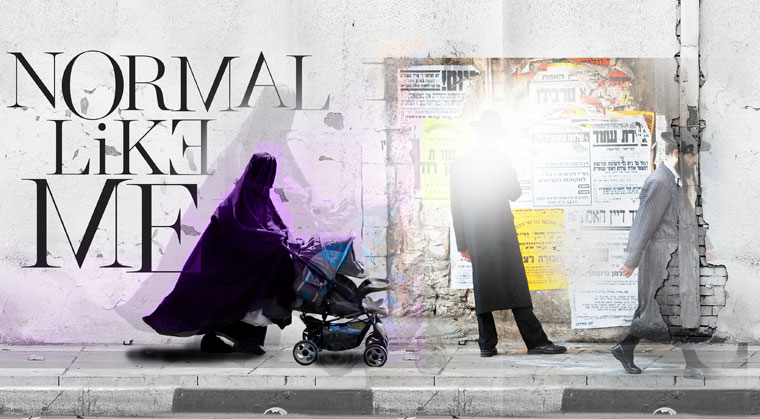Normal Like Me: Chapter 20


I n the middle of the night an explosion shook Jerusalem out of its sleep. The city woke up terrified. This wasn’t just another dumpster set on fire. It was a massive conflagration roaring at the eastern end of Rechov Haneviim near the Old City. Three cylinders of gas — usually meant to supply cooking fuel to the tenants — had exploded one after the other with a sound like echoing thunder and nine people living on the building’s first floor were killed on the spot: old Hammed who used to sell his wares in the Arab shuk his young daughters Leila and Noor; and in the apartment next door the Al-Rawabis and all four of their children. As the flames devoured the rickety structure the building collapsed into itself trapping the dead and leaving the stores below in ruins.
The fire almost human in its cruelty slurped up the gas insatiably and spread to the next building. By the time the firemen arrived the gas cylinders outside that building too had exploded in a mighty burst of flame. The cool night breeze played with the sparks tossing them this way and that way and the quiet street filled with a cacophony of screams and fearful cries.
Everyone blamed old Hammed who had hooked up an unauthorized gas line to his kitchen. They said that Moiz Al-Rawabi must have gone out to the balcony to smoke as he did every night and a spark from his lighter must have ignited on a whiff of his neighbor’s illegal gas supply.
But the fire investigators sent by the city police drew a different conclusion: arson.
Dawn broke and in West Jerusalem local burn treatment centers called for extra staff. Children and adults were anesthetized bandaged and gradually came to the realization of all they had lost and all that would never be restored. Faces were disfigured hands were gnarled skin was seared lungs were filled with soot.
Maybe some hotheaded Jews were glad to hear of the cruel act. But most of the country was shocked and saddened to realize once again that terrorists could exist among their own that their own people had become murderers that innocent people on both sides were paying with their lives for other people’s wars.
Itzik Rubin returned home from Shacharis holding his tefillin bag in one hand and in the other a little carton of hot frothed milk for his coffee. “Ten Arabs were killed last night on Haneviim Street ” Joe greeted him on the doorstep his student’s bag slung over his shoulder. “Where the street begins across from Damascus Gate. Dozens of other people were badly burned. There was a gas explosion and it caused an enormous fire. The police say the fire was set deliberately.” (Excerpted from Mishpacha Issue 686)
Oops! We could not locate your form.



